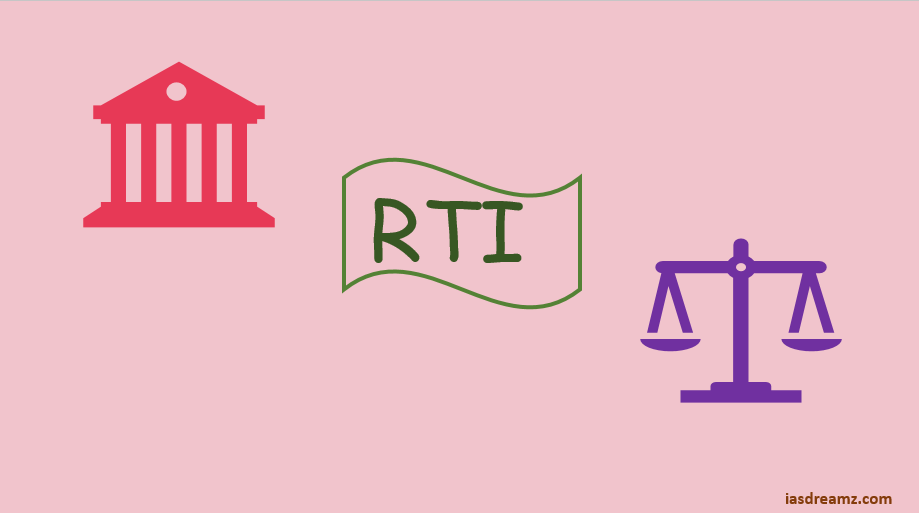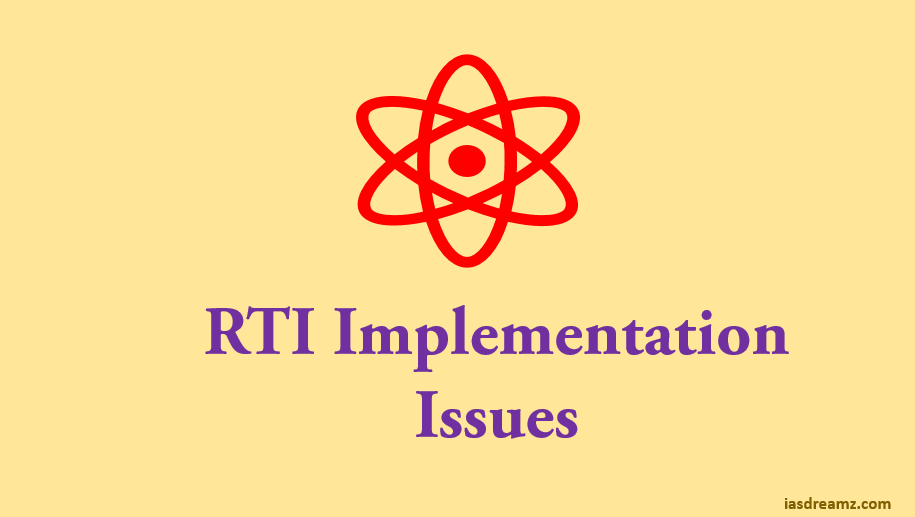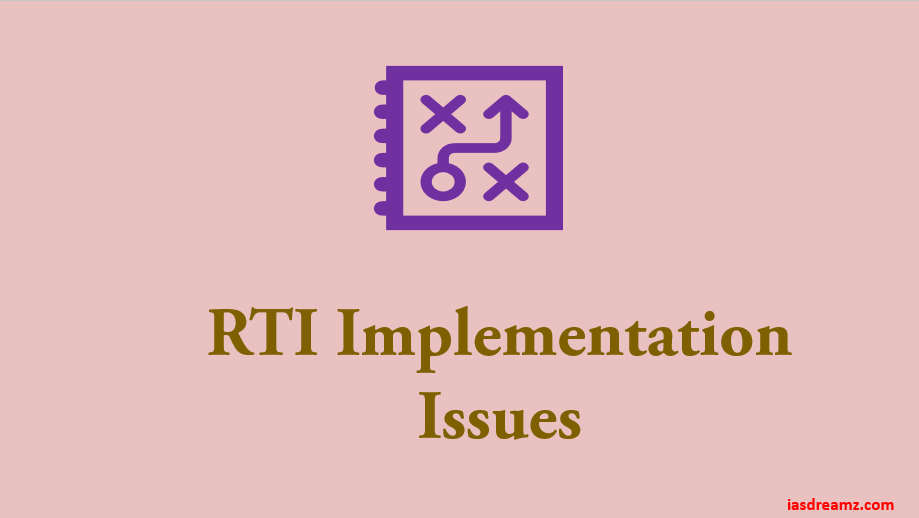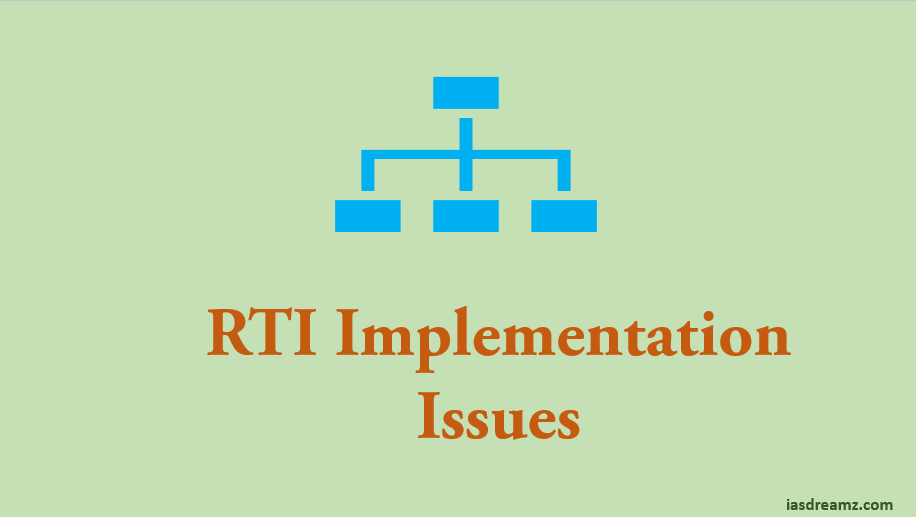Power to Remove Difficulties: Section 30 of the RTI Act stipulates as follows: “If any difficulty arises in giving effect to the provisions of the RTI Act, the Central Government may, by order published in the Official Gazette, make such provisions not inconsistent with the provisions of this Act as appear to it to be […]
Archives for April 2017
Application of the RTI act to the legislature and the judiciary
The definition of public authority includes any authority, or body, or institutions of self-government, established or constituted by or under the Constitution, or any law made by Parliament or State Legislature, or by a notification or order of the appropriate government. Section 2(e) therefore includes, the presiding officers of the Legislature at the Union and […]
Issues in Implementation of the RTI Act: PART V
Mechanism for Redressal of Public Grievances: Information is the starting point in a citizen’s quest for justice and is not an end in itself. Information thus becomes a means to fight corruption and misgovernance or obtain better services. Functionaries/departments tend to be defensive rather than proactive in redressing a grievance (or even in disclosing information) […]
Issues in Implementation of the RTI Act: PART IV
Time Limit for Information Beyond 20 Years: RTI Act stipulates that: “Any information relating to any occurrence, event or matter which has taken place, occurred or happened twenty years before the date on which any request is made under section 6 shall be provided to any person making a request under that section:” A uniform […]
Issues in Implementation of the RTI Act: PART III
Application to Non-Governmental Bodies: Under the Act, a non-governmental body needs to be substantially financed by government to be categorized as a public authority under the Act. Section 5 of the FOI Act (UK) gives the Secretary of State, power to designate private organizations as public authorities if either they appear to him to be […]



